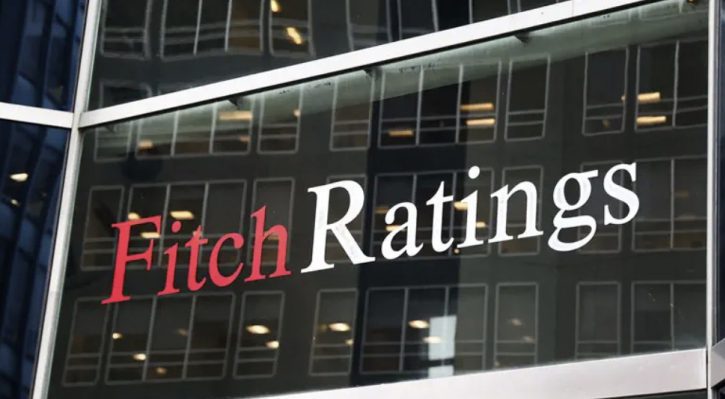Fitch Ratings reaffirms Israel’s long-term sovereign credit rating at A with a negative outlook, citing fiscal challenges, governance concerns, and security risks. The agency projects a declining deficit but warns of continued economic pressures.
Fitch Ratings announced on Monday that Israel’s long-term sovereign credit rating will remain at A with a negative outlook, maintaining its stance following a downgrade last August, Globes reported.
In its statement, the global credit agency explained that the rating reflects Israel’s strong and diverse economy alongside significant external financial reserves. However, it also pointed to concerns such as a high debt-to-GDP ratio, ongoing security threats, and political instability, which have impeded effective policymaking.
“The Negative Outlook reflects rising public debt, domestic political and governance challenges and uncertain prospects for the conflict in Gaza,” Fitch stated.
Fitch addressed Israel’s fiscal deficit, noting that while it remains high, it is expected to decrease. “We project Israel’s central government cash budget deficit to decline to 5.7% of GDP in 2025, from 6.8% in 2024, driven by a combination of higher revenue and lower military spending,” the agency wrote.
Fitch’s decision to leave Israel’s rating unchanged was largely in line with market expectations. Analysts suggest that absent the recent intensification of security tensions and internal political discord, there might have been an opportunity for an outlook upgrade to stable. By maintaining the negative outlook, Fitch signals a continued risk of potential downgrades in future assessments.
Last week, credit ratings agency Moody’s projected that Israel’s credit rating will remain at its current level through 2025.
Israel’s rating stands at BAA1, the lowest in its history, with a negative outlook. While the firm acknowledged Israel’s strong economic resilience to shocks, it pointed to heightened investor uncertainty regarding economic growth due to the country’s “very high exposure to geopolitical risks.”
Moody’s also highlighted that the nation’s “polarized political system” has contributed to the current rating.





